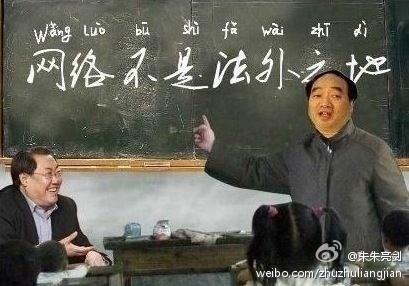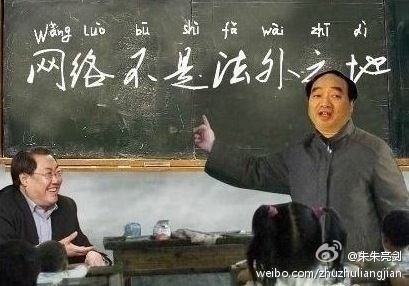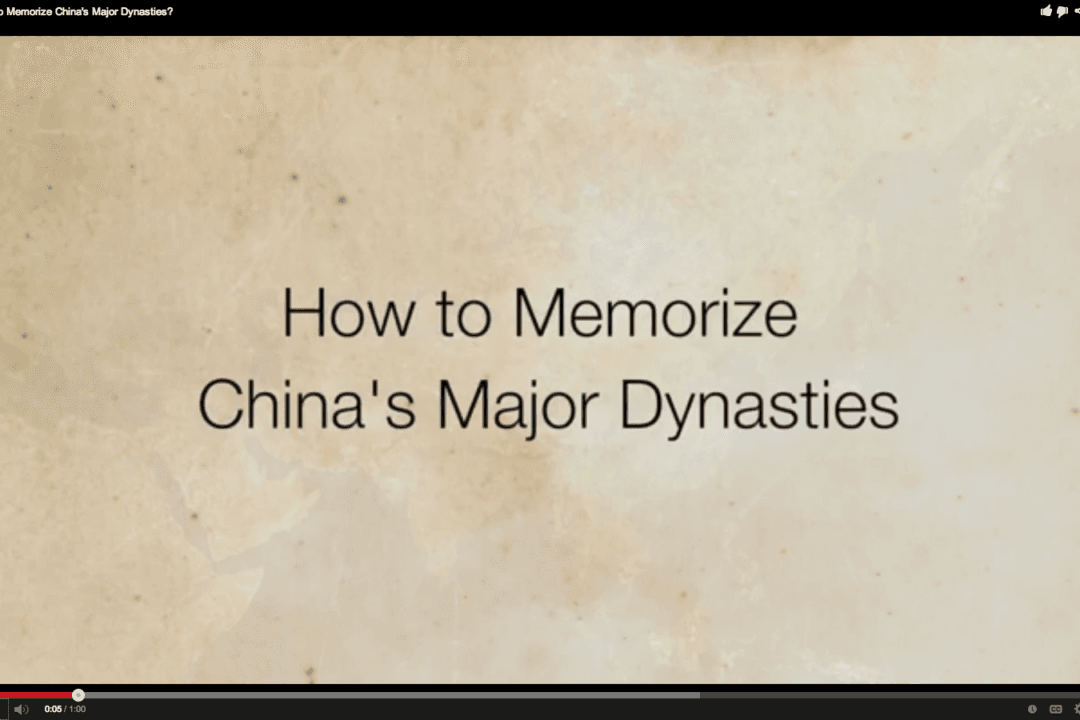State-run media have publicized the Chinese Communist Party’s intent to punish free speech on the Internet.
On Dec. 20, Xinhua News Agency, People’s Daily, and Guangming Daily, all major mouthpieces of the regime, ran front-page editorials about the Internet being “subject to law,” and repeated this theme on Dec. 21. Web portals that are customarily pressed into the service of the Party’s propaganda goals followed suit, with Sina, Sohu, and Netease running editorials about “strengthening the restrictions by law on the Internet.”
The articles are typical signs of a policy shift, using news stories to indicate an oncoming campaign. Weibo (China’s version of Twitter), and other Internet platforms were host to frank and lively discussions in response to the news.
At least two high-ranking officials were recently embarrassed by scandals publicized on the Internet. Lei Zhengfu and Yang Dacai have good reason to wish for such restrictions. A cartoon posted by reporter Liu Xiangdong at The Economic Observer suggests a motive for the proposed crackdown, with Lei and Yang pointing to the headline: “The Internet is not outside the law.”
“I believe this is a sign of suppression,” said mainland dissident Shen Liangqing in an interview with Sound of Hope Radio Network.
Influential economist Han Zhiguo decried the arrival of more repression so soon after the recent 18th Party Congress leadership change, when many Chinese people had hopes for political reform. He wrote on Weibo to his 4 million followers: “The honeymoon period has not passed, and Weibo is facing danger again. During this time when society has hope, this kind of habitual thinking [of the authorities] is unbelievable.”
This same sense of disappointment was echoed by another popular author. Xu Xiaonian, professor at China Europe International Business School, commented to his more than 5 million followers, “Who is going to believe it even if other reform policies are promoted in the future?”
Some people were scornful of more Internet censorship. “From my personal experiences, I think People’s Daily should be called the source of evil, Guangming Daily should be called the source of sin, and CCTV, that is the source of all evil,” wrote netizen “Chen VI 1968.”
Another Internet user expressed defiance: “Last year they implemented a real name registration system on Weibo, and this was very intimidating for us. However, due to everyone’s courage, the new system failed. Now, they are saying the Internet is not outside of the law, and are attempting to use a different method to intimidate us. Yugong would like to say a few words: the Internet is not outside of the law; but, China is also not the private land of authoritarian dictatorship, so I ask for you all to please get out of China, the further away the better.”
This person goes by the handle “Yugong moving away the Party,” referring to a Chinese story in which an old man keeps trying to move a mountain from in front of his house. His determination touches the gods, and they move the mountain for him.
The Epoch Times publishes in 35 countries and in 20 languages. Subscribe to our e-newsletter.
Click www.ept.ms/ccp-crisis to read about the most recent developments in the ongoing crisis within the Chinese communist regime. In this special topic, we provide readers with the necessary context to understand the situation. Get the RSS feed. Who are the Major Players?





